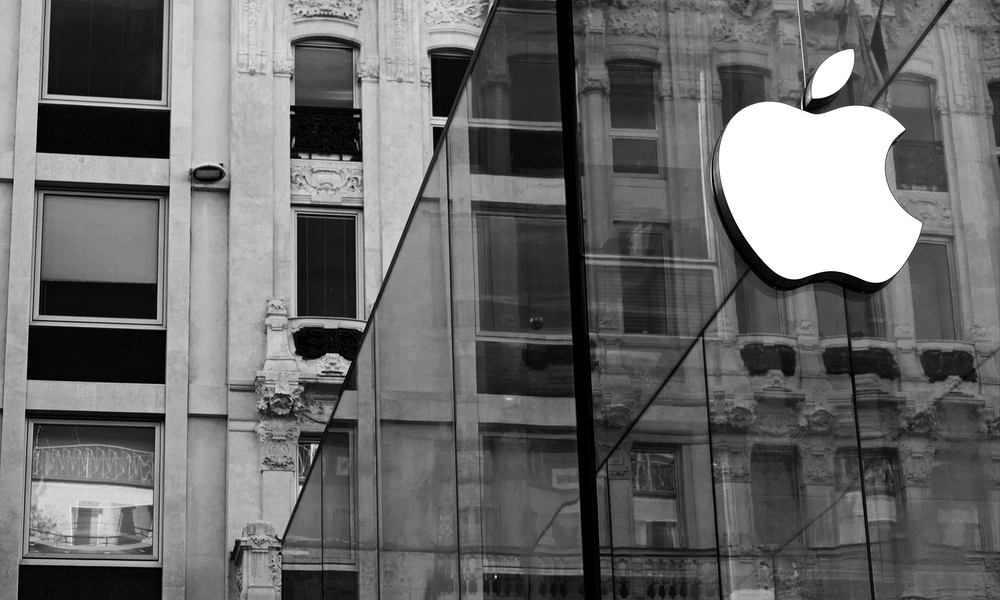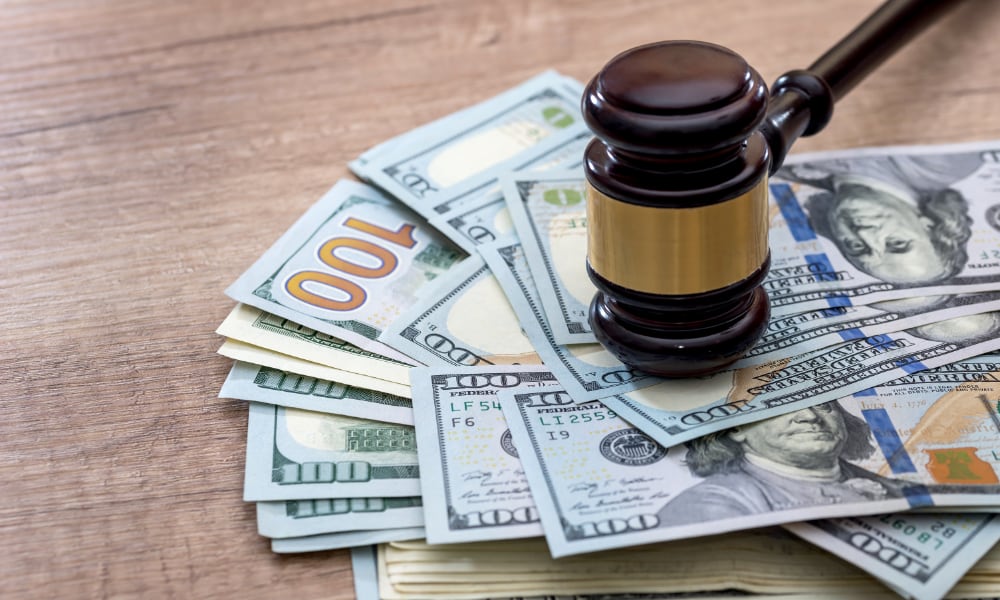Apple Hit with Billion Dollar Lawsuit for Defying App Store Injunction
 Niccolò Chiamori
Niccolò Chiamori
Toggle Dark Mode
The fallout from Apple’s failure to properly comply with an injunction that would have opened the App Store to more competition may have just begun. Last week, US District Judge Yvonne Gonzalez Rogers, who has presided over much of the battle between Epic Games and Apple, came down on the iPhone maker like a sledgehammer.
That ruling now appears to have opened the door to a potential class-action lawsuit from developers wronged by Apple’s insistence on making things difficult on the App Store at their expense.
In 2021, Judge Rogers issued a permanent injunction in the Epic vs. Apple case, ordering Apple to allow third-party developers to direct users to their own payment systems rather than forcing them to run everything through the App Store’s in-app purchasing mechanism. At the time, Judge Rogers declined to rule on whether Apple could charge a commission for such third-party purchases, but she did suggest that 30% “appears inflated, and is potentially anticompetitive.”
Apple naturally appealed Judge Rogers’ decision and managed to get a stay on the injunction pending the outcome of the appeal. In 2023, the Ninth Circuit Court of Appeals upheld the original ruling while adding that Epic should also be required to pay Apple’s attorney fees from the original case.
While Apple declared a “resounding victory,” that was only because 9 out of 10 of Epic’s claims were decided in its favor; however, it still had to deal with Judge Rogers’ pesky injunction, so it appealed the Ninth Circuit Court’s decision to the Supreme Court. In January 2024, the Supreme Court declined to hear the case, Apple’s stay ended, and the injunction became effective.
Instead of taking the win and quitting while it was ahead, Apple took Judge Rogers’s initial lack of any ruling on its commissions and ran with it, seemingly ignoring her comments that such high commissions would be problematic. Only days after the injunction went into effect, Apple announced it would charge a 27% commission on purchases made outside the App Store. Who knows, maybe somebody inside Apple actually thought that if 30% was “inflated” and “potentially anticompetitive,” a mere 3% drop would be okay?
It wasn’t, as Apple found out when the dust settled in last week’s ruling. Apple might have been off the hook if it had chosen a more reasonable commission, but Judge Rogers found little difference between the 30 percent that “allowed it to reap supracompetitive operating margins” and was based on no tangible costs and a “27 percent commission (again tied to nothing).” Both were what she called an “anticompetitive revenue stream.”
Millions to Billions Owed to Developers?
While the US District Court ruling hasn’t ordered any monetary penalties for Apple beyond ordering it to pay Epic’s attorney’s fees and other related court costs, the company isn’t off the hook. In addition to facing potential criminal contempt charges, a class-action lawsuit could see Apple paying “hundreds of millions to billions” of dollars out to developers based on the revenue Apple effectively denied them in forcing them to run their payments through the App Store.
The lawsuit was filed by Hagens Berman, the same law firm that filed a 2019 class-action lawsuit challenging Apple’s fees and won a $100 million settlement and, perhaps even more importantly, some changes from Apple.
The named plaintiff is Pure Sweat Basketball, the developer behind an app for players across the country to train and improve their basketball skills. The case seeks class-action status to represent other developers similarly impacted by Apple’s failure to comply with the injunction.
Had Apple complied with the injunction, as required, Pure Sweat would have been able to sell subscriptions to its app directly to its customers, using “link-out” buttons directing customers to Pure Sweat’s own website.
As a result of Apple’s misconduct, attorneys estimate that potentially more than 100,000 similarly situated app developers were prevented from selling in-app products (including subscriptions) directly to their customers, and were forced to pay Apple commissions on in-app sales that Apple was not entitled to receive.
“It appears as though Apple has been caught red-handed blatantly seeking to undercut the law,” said Steve Berman, Hagens Berman managing partner and co-founder. “We believe app developers deserve a fair market to promote and sell their products, and the world’s largest corporation doesn’t get to bully them out of this billion-dollar revenue stream.”
For Apple, the unlawful delay preserved enormous illicit profits. As noted, Apple’s own studies indicate that timely compliance with the Injunction would have resulted in a revenue impact of “hundreds of millions to billions.” These are not just funds Apple illicitly retained. They are funds that Apple illicitly retained from its own developers.
Pure Sweat Basketball Inc. v. Apple Inc.
The filing cites the US District Court case, in which Judge Rogers stated that Apple had considered the possible revenue impact of a no-commission model and “estimated a revenue impact of hundreds of millions to billions” if only 10% to 25% of developers opted out of the App Store payment system. She added that Apple picked the 27% commission for its link-out option to discourage all but the “largest developers” from even bothering. In short, Apple chose “the most anticompetitive option” it possibly could.
It also clearly worked. As the US District Court case revealed, only 34 developers out of 136,000 on the App Store applied to use external links — and half of those developers weren’t switching over from in-app purchases anyway. In other words, only 17 developers bothered to take advantage of Apple’s new 27% commission system.
Hagens Berman maintains that this was because the complexity and 3% cost savings simply weren’t worth the effort. As Judge Rogers said in her ruling, Apple chose to “impose new barriers and new requirements to increase
friction and increase breakage rates […] to dissuade customer usage of alternative purchase opportunities and maintain its anticompetitive revenue stream.”
“Apple’s lip service concealed its real intentions from the start: to use every trick in the book to subvert the court’s order, in flagrant violation of the law,” Berman said. “This was not a victimless crime.”








